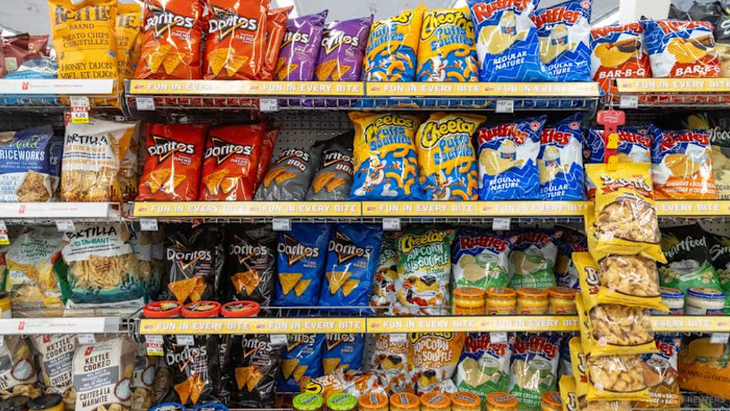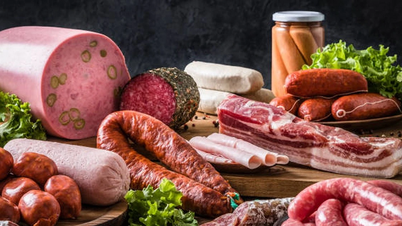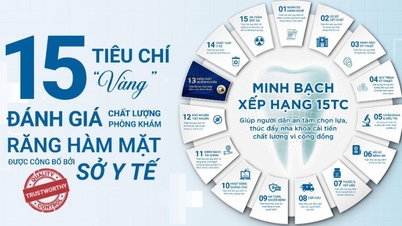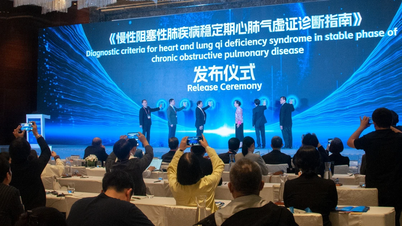
Potato chips and other snacks are displayed on shelves at a store in Hamilton, Ontario, Canada, January 28, 2025 - Photo: REUTERS
Ultra-processed foods (UPF) are a major threat to public health and need to be addressed urgently, according to a new series of studies by 43 leading experts from around the world , published in the prestigious medical journal The Lancet .
The team of scientists , including the Brazilian professor who coined the term about 15 years ago, argue that ultra-processed foods are increasingly popular around the world and are linked to poor diet quality and a range of diseases, from obesity to cancer.
Ultra-processed foods are foods or beverages that have been created using industrial processing techniques, additives and artificial ingredients, and often contain little or no original food. Typical examples include carbonated soft drinks and instant noodles.
Although the term UPF has become widely used in recent years, some scientists and the food industry argue that the concept oversimplifies the issue, making the battle around it increasingly politicized .
In the series in The Lancet , the authors acknowledge the criticism and say more evidence is needed, particularly on the specific disease mechanisms of UPF and the nutritional differences between products in the same group. They assert that the current warning signals are strong enough for governments to act.
In a systematic review of 104 long-term studies conducted for this series, 92 studies reported an increased risk of one or more chronic diseases associated with UPF eating habits. Significant associations were found for 12 health conditions, including type 2 diabetes, obesity, and depression.
Most of these studies were designed to show associations rather than direct causation—something the authors acknowledge. They stress that this situation needs to be addressed while more data is available, especially as UPF consumption is growing rapidly, accounting for more than 50% of the diet in countries like the US.
Three papers in the series also outline options for addressing the problem, such as incorporating UPF into national policies similar to how foods high in fat, sugar or salt are regulated. Experts warn that the UPF manufacturing industry is the biggest barrier.
The International Food and Beverage Alliance (IFBA), which represents major multinational corporations in the industry, said its members also want to improve global health through nutritional quality, and argued that food companies should be involved in policy-making.
“The policy and advocacy recommendations in this series go far beyond the evidence available,” said IFBA Secretary General Rocco Renaldi, adding that adopting these policies risks reducing access to affordable, long-lasting food options globally.
Source: https://tuoitre.vn/the-lancet-canh-bao-khan-thuc-pham-sieu-che-bien-dang-de-doa-suc-khoe-toan-cau-2025111910014252.htm














































































































Comment (0)